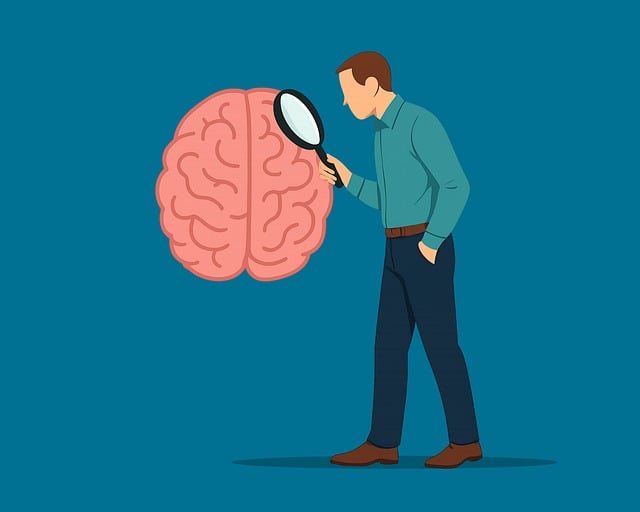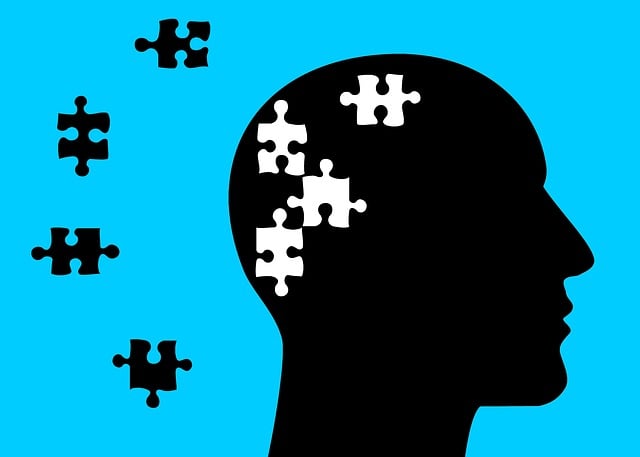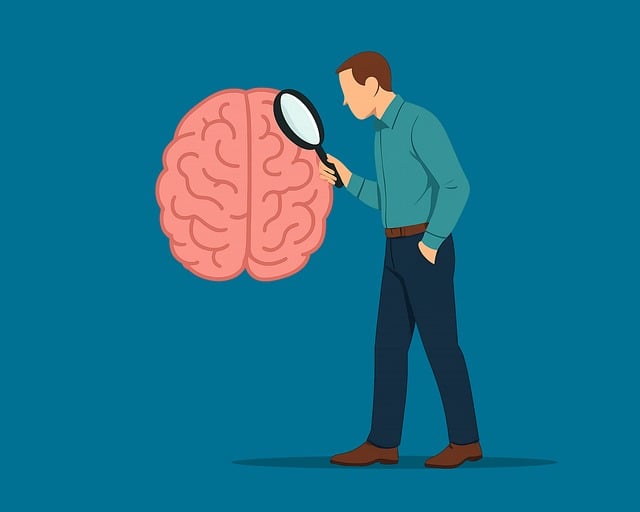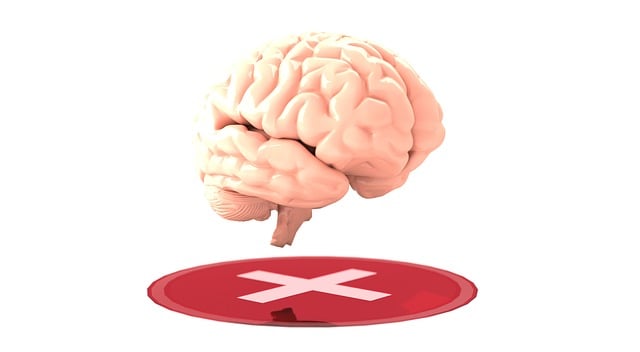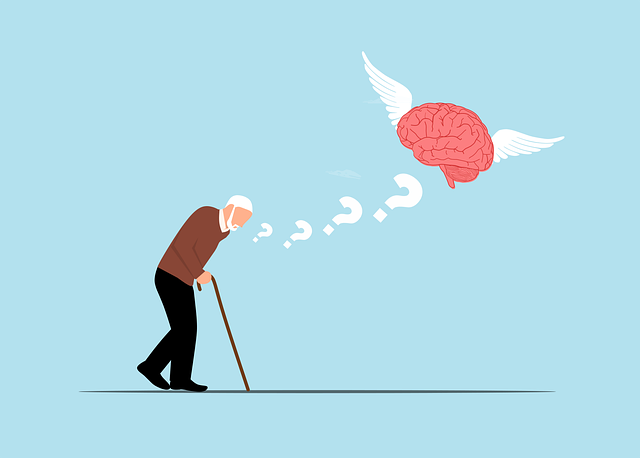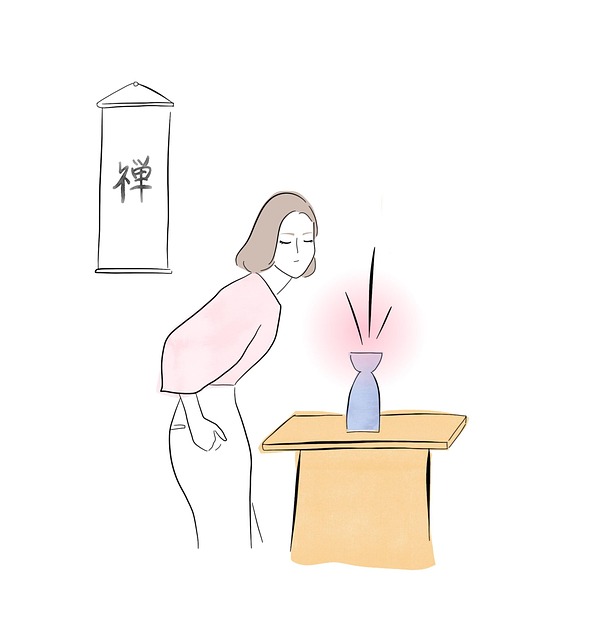Highlands Ranch Cognitive Processing Therapy (CPT) is a powerful tool for enhancing mental wellness, as highlighted in recent podcasts and policy discussions. This therapeutic approach teaches individuals to identify and change negative thought patterns contributing to emotional turmoil. By keeping mood journals, challenging cognitive distortions, and adopting healthier alternatives, CPT fosters emotional resilience. Integrating these techniques into risk management plans for mental health professionals improves patient outcomes. Mindfulness, exercise, structured self-care, and public awareness campaigns further support effective mood regulation, crucial for overall well-being in today's fast-paced world. For persistent issues, HRCPT offers a transformative solution with evidence-based practices, compassion cultivation, and wellness coaching.
Mood regulation strategies are essential tools for navigating life’s ups and downs. This comprehensive guide explores various techniques, focusing on the transformative potential of Highlands Ranch Cognitive Processing Therapy (HRCPT). We delve into understanding mood disorders, identifying triggers, and implementing daily practices for emotional control. Additionally, we highlight the benefits of mindfulness, relaxation, and professional support through HRCPT, offering insights into managing moods effectively.
- Understanding Mood Regulation: The Role of Cognitive Processing Therapy
- Identifying Triggers and Patterns: A Step Towards Emotional Control
- Strategies for Daily Life: Managing Moods Through Practice
- The Power of Mindfulness and Relaxation Techniques
- Seeking Professional Help: Highlands Ranch Cognitive Processing Therapy in Action
Understanding Mood Regulation: The Role of Cognitive Processing Therapy

Understanding Mood Regulation: The Role of Cognitive Processing Therapy (CPT) is a crucial step in navigating one’s mental wellness journey. CPT, a therapeutic approach gaining prominence in Highlands Ranch and beyond, focuses on identifying and modifying negative thought patterns that contribute to emotional distress. By delving into these cognitive processes, individuals can gain valuable insights and tools to regulate their moods more effectively.
This therapy encourages active participation in one’s healing process. Through a structured yet personalized framework, CPT helps clients challenge and reframe distorted beliefs, ultimately fostering healthier emotional responses. Incorporating this therapeutic method as part of the Mental Wellness Podcast Series Production or discussing it within the context of Mental Health Policy Analysis and Advocacy can shed light on its effectiveness. Moreover, Risk Management Planning for Mental Health Professionals may benefit from integrating CPT techniques to enhance patient outcomes while mitigating potential risks.
Identifying Triggers and Patterns: A Step Towards Emotional Control

In Highlands Ranch Cognitive Processing Therapy, one of the foundational steps towards emotional control is identifying triggers and patterns that impact mood regulation. By closely examining one’s thoughts, behaviors, and surroundings, individuals can gain valuable insights into what sets off their emotional responses. This process involves keeping a mood journal to track specific situations, people, or activities that consistently lead to negative emotions. Recognizing these triggers allows for proactive measures, enabling individuals to develop strategies to mitigate their impact.
Through this self-reflection and awareness, one can uncover recurring patterns in their cognitive processes, leading to more effective self-care practices. Understanding the mind’s role in mood management is key; adopting mind over matter principles empowers individuals to challenge negative thought patterns and replace them with healthier alternatives. This proactive approach, combined with consistent practice, fosters better emotional resilience and overall well-being, making it a cornerstone of many modern therapy techniques.
Strategies for Daily Life: Managing Moods Through Practice

In daily life, managing moods effectively can significantly enhance overall well-being. Incorporating strategies such as mindfulness practices, regular exercise, and a structured self-care routine development can profoundly impact mental health. For instance, Highlands Ranch Cognitive Processing Therapy (CPT) offers powerful tools to challenge negative thought patterns, thereby improving emotional regulation. This therapy encourages individuals to identify and reframe cognitive distortions, leading to more positive moods and increased resilience.
Additionally, fostering a balanced lifestyle through adequate sleep, proper nutrition, and social connections contributes to robust mental health. Public awareness campaigns development focused on mood regulation can play a pivotal role in educating communities about the importance of self-care routine development. By promoting these practices, mental health policy analysis and advocacy efforts can drive systemic changes, ensuring better access to resources and support for those seeking to manage their moods effectively.
The Power of Mindfulness and Relaxation Techniques

In today’s fast-paced world, navigating life’s challenges can be overwhelming. This is where the power of mindfulness and relaxation techniques come into play as valuable tools for mood regulation. Practices like those often explored in Highlands Ranch Cognitive Processing Therapy focus on training the mind to be fully present in the moment, cultivating a deeper sense of awareness and calmness. By integrating these techniques into daily routines, individuals can enhance their emotional healing processes and cultivate mental wellness.
Mindfulness involves observing thoughts and emotions without judgment, allowing for better understanding and management. Simple yet effective relaxation methods, such as deep breathing exercises or guided meditations, can significantly reduce stress levels and promote a sense of peace. Incorporating these self-care practices into one’s lifestyle not only supports overall mental wellness but also provides a robust foundation for managing difficult emotions. Whether through a dedicated Mental Wellness Podcast Series Production or personal exploration, embracing mindfulness and relaxation offers a holistic approach to emotional well-being.
Seeking Professional Help: Highlands Ranch Cognitive Processing Therapy in Action

For those struggling with persistent mood regulation issues, seeking professional help can be a transformative step. Highlands Ranch Cognitive Processing Therapy (HRCPT) offers an effective approach to addressing and managing emotional challenges. This therapy type delves into identifying and modifying negative thought patterns, helping individuals gain a deeper understanding of their emotions and triggers. By doing so, it empowers them to develop healthier coping mechanisms.
HRCPT has proven particularly beneficial in reducing symptoms associated with various mental health conditions. Through structured sessions, clients learn to challenge distorted thinking and replace it with more balanced perspectives. This process not only enhances self-awareness but also fosters resilience in navigating life’s challenges. In addition to direct therapy, HRCPT incorporates strategies like compassion cultivation practices and mental wellness coaching programs, which contribute to stigma reduction efforts while promoting holistic mental wellness.
Mood regulation is a multifaceted process, and incorporating strategies from cognitive processing therapy can significantly enhance emotional well-being. By understanding triggers, adopting mindfulness practices, and seeking professional support when needed, individuals in Highlands Ranch can effectively manage their moods on a daily basis. The article has highlighted practical steps towards emotional control, emphasizing the importance of a holistic approach to mental health, with a specific focus on the benefits of Highlands Ranch Cognitive Processing Therapy.
